Thanks to its considerable benefits and advantages, Big Data is making inroads into healthcare, and for good reason. Big data applications in healthcare will end up significantly impacting our lives. In fact, healthcare analytics has the potential to prevent epidemics, reduce medical costs, and improve the quality of our lives. That potential is yet to be tapped by the medical fraternity.
This blog covers the important aspects of big data analytics in healthcare and discusses how it can revamp the way we imagine healthcare.
Table of Contents:
What Is Big Data?
Big Data is exactly how it sounds. Large chunks of data, too complex or massive to be handled efficiently by traditional data processing. There are a few ways to define big data, but the most accepted definition revolves around the data growing in three different dimensions, namely, volume, velocity, and variety.
The ‘big’ in big data management refers to the volume of data. Velocity refers to the rate at which data is collected, and variety is the organized or unorganized data such as video, audio, text files, etc. If the data is growing in all these three dimensions, it qualifies as big data.
What Is Big Data Analytics in Healthcare?
Now that we live longer, we tend to keep track of our medical history. Treatment models, in tune with this, have also changed. Much of this change is driven by data. Doctors also want to have access to medical records of patients as soon as possible to detect early signs of illness.
This is where healthcare data analytics comes in. Big data in healthcare refers to enormous amounts of health-related data generated from diverse sources. Such data includes Electronic Health Records (EHRs), genome sequencing, data generated from medical research, medical imaging, wearables data, etc.
The inability of conventional databases and technologies to store and process it makes it fall under the” Big Data” category. However, recent discussions emphasize how “smart” the data is rather than how “big” it is as the defining parameter.
Why Is There a Need For It?
A report by McKinsey indicates medical expenses in the U.S. account for 17.6% of GDP- about $600 billion more than the expected benchmark for a nation of the United States’s size and wealth. This incessant rise in expenditure calls for a cost-effective solution that can readily facilitate healthcare processes, hence, big data.
Lower Costs
Electronic Health Records (EHRs) are an excellent way of storing and managing patient data. A perfect example of big data management, it contains a patient’s medical history and other vital records. EHRs are stored in a protected system where medical professionals across sectors can access them.
Apart from sending alerts to healthcare professionals to check on their patients, EHRs can improve patient satisfaction, enable barcode identification of patients, and control overall costs. A study on EHRs at Imperial College Healthcare Trust revealed that between 2016 and 2018, there was a reduction of £2.25 million in the health budget.
Better Patient Care
By utilizing health analytics, patient outcomes can be changed for the better. Picking up early warning signs of an illness makes it easier for doctors to track and cure the disease. Using medical data analytics, patients can be put under a customized treatment program, thereby getting better medical care.
Frees the siloed patient data
Patient data is usually collected from various sources in bits and pieces. There is no central repository for data, and it is not freely accessible. Healthcare analytics solves this problem by collecting this data in one place and making communication with other stakeholders as easy as possible.
Recommended Reading:
What Are The Various Big Data Applications In Healthcare?
Health Records Management
Health analytics can be used with Electronic Health Records to store and manage patient information, enhancing data accessibility and ensuring healthcare interoperability.
Remote Monitoring
Wearable medical devices collect patient data, which can be analyzed through big data to monitor health and detect anomalies.
Clinical Decision Support
Big Data can provide doctors with real-time information and treatment recommendations, aiding in clinical decision-making.
Personalized Medicine
By analyzing patient data, including genetics and treatment responses, big data and healthcare can enable the development of personalized treatment plans tailored to individual patients.
Surveillance for Diseases
Analyzing large healthcare datasets can help identify disease outbreaks, monitor the spread of communicable diseases, and track public health trends.
Predictive Analytics
Big data can also be used to predict future disease outbreaks, patient admissions, and healthcare resource needs, improving healthcare planning and resource allocation.
Fraud Detection
Big data can help in identifying fraudulent insurance claims and billing practices, thereby reducing overall healthcare costs.
Upgrade your business with big data analytics and get real-time actionable insights for better decision-making.
What Are The Future Prospects of ‘Big Data and Healthcare’?
The future of big data in healthcare holds several exciting possibilities.
Precision Medicine Advancements
Big Data is poised to play a leading role in advancing precision medicine, where treatments and interventions are customized based on a patient’s genetic, clinical, and lifestyle data.
Real-time healthcare
Big Data analytics enables real-time monitoring of patient health, providing timely interventions and improved patient outcomes.
Wearable Technology Integration
Medical wearables and IoT (Internet of Things) devices will generate a continuous stream of health data, allowing for early detection of health issues and personalized healthcare recommendations.
Patient Empowerment
Patients, in the future, can have greater access to their health data, which in turn means that they will be active participants in managing their own health, aided by big data-driven tools.
Data Security and Privacy
The future of big data in healthcare will necessitate robust data security and privacy measures to protect sensitive patient information.
Predictive Analytics in Healthcare
Healthcare organizations will use predictive analytics to anticipate patient needs, optimize resource allocation, and improve healthcare planning.
Think Big Data, Think BluEnt
Big data has just begun to revolutionize healthcare. The value big data offers in healthcare is not just limited to improving patient care and disease monitoring. There lies a big road ahead, and big data can fulfill all its objectives if the stakeholders come forward.
BluEnt has partnered with organizations to maximize the potential of their data journey. With 2 decades of insightful industry experience, BluEnt is equipped with the right tools to steer your business through its big data needs. Do you need big data analytics work for your business? Why wait? Contact us now!
Frequently Asked Questions
How does Big Data impact the healthcare industry?
Big Data in healthcare can impact the healthcare industry by improving patient outcomes, identifying high-risk individuals, managing health records, and improving hospital performance.
What are the 3V’s of medical analytics in healthcare?
The 3V’s of healthcare analytics are volume, velocity, and variety.












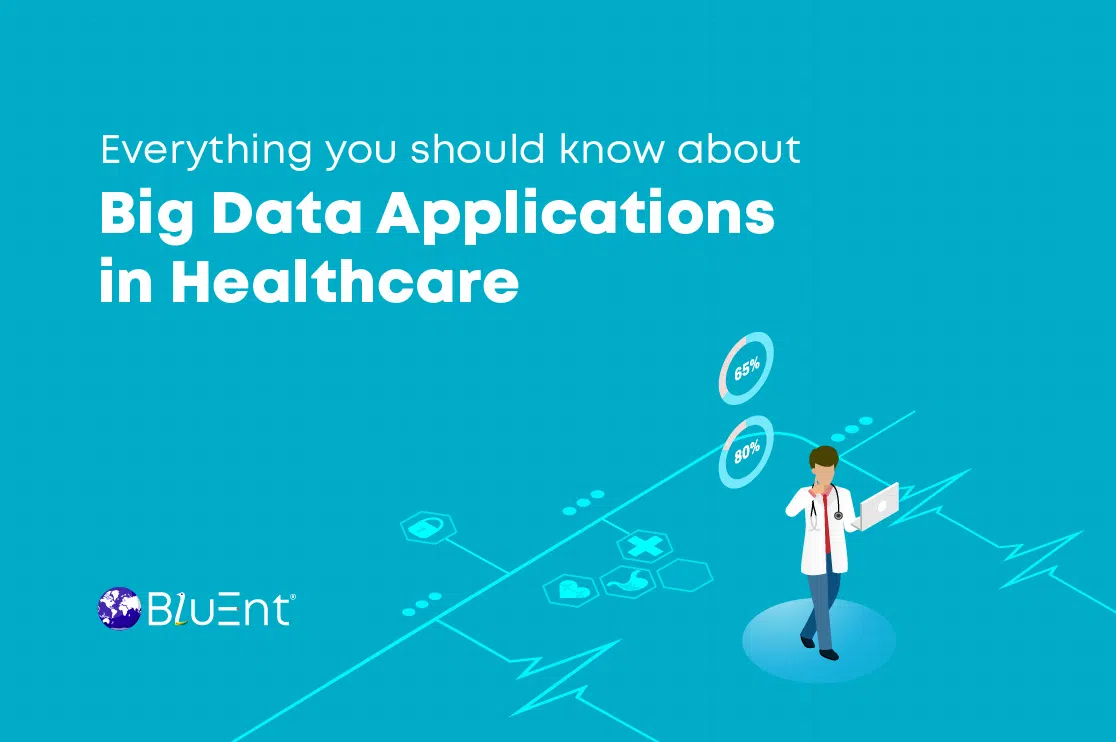
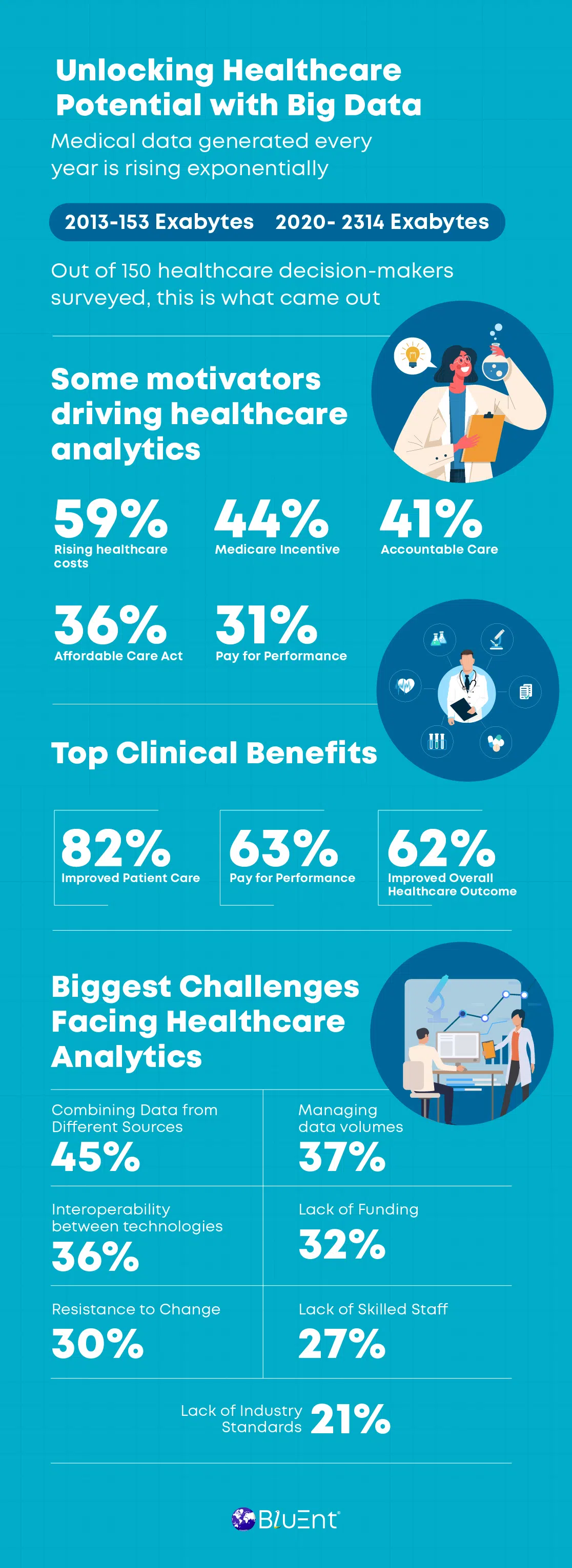
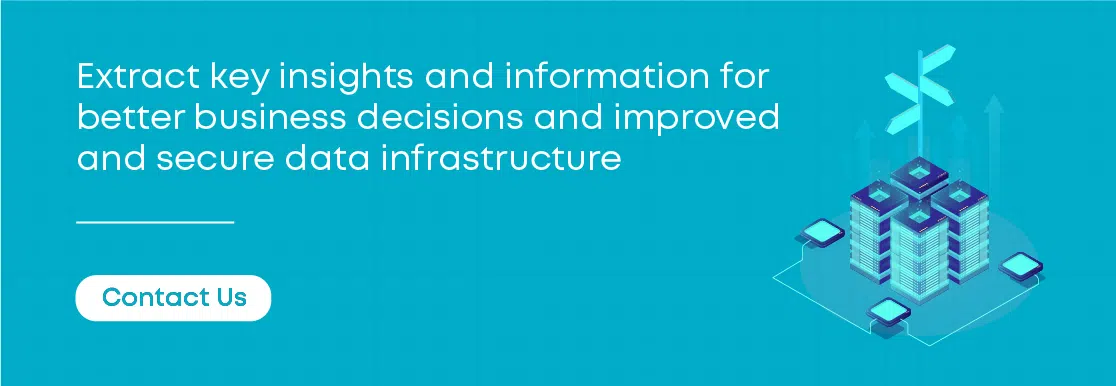
 How Financial and Accounting Services by BluEnt Drive Business Growth in the Digital Era?
How Financial and Accounting Services by BluEnt Drive Business Growth in the Digital Era?  Secure Gift Cards: Top Tips and Strategies’ to Safeguard Personal Information
Secure Gift Cards: Top Tips and Strategies’ to Safeguard Personal Information 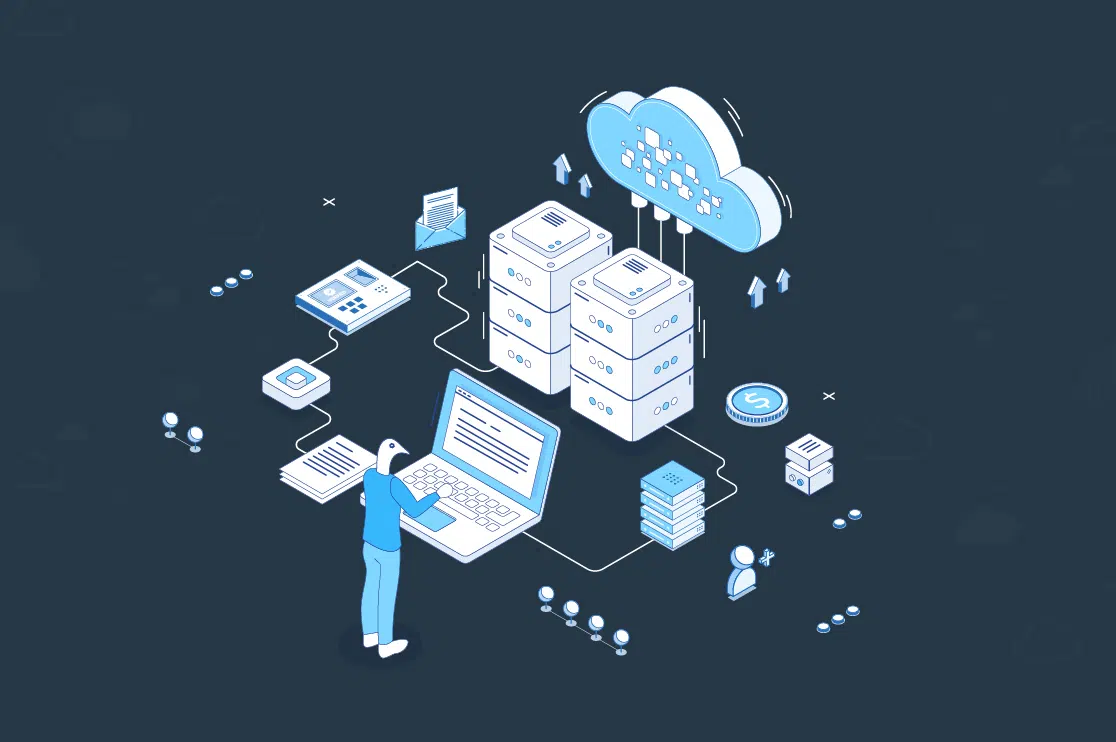 Cloud Data Engineering: Infrastructure and the Road Ahead
Cloud Data Engineering: Infrastructure and the Road Ahead 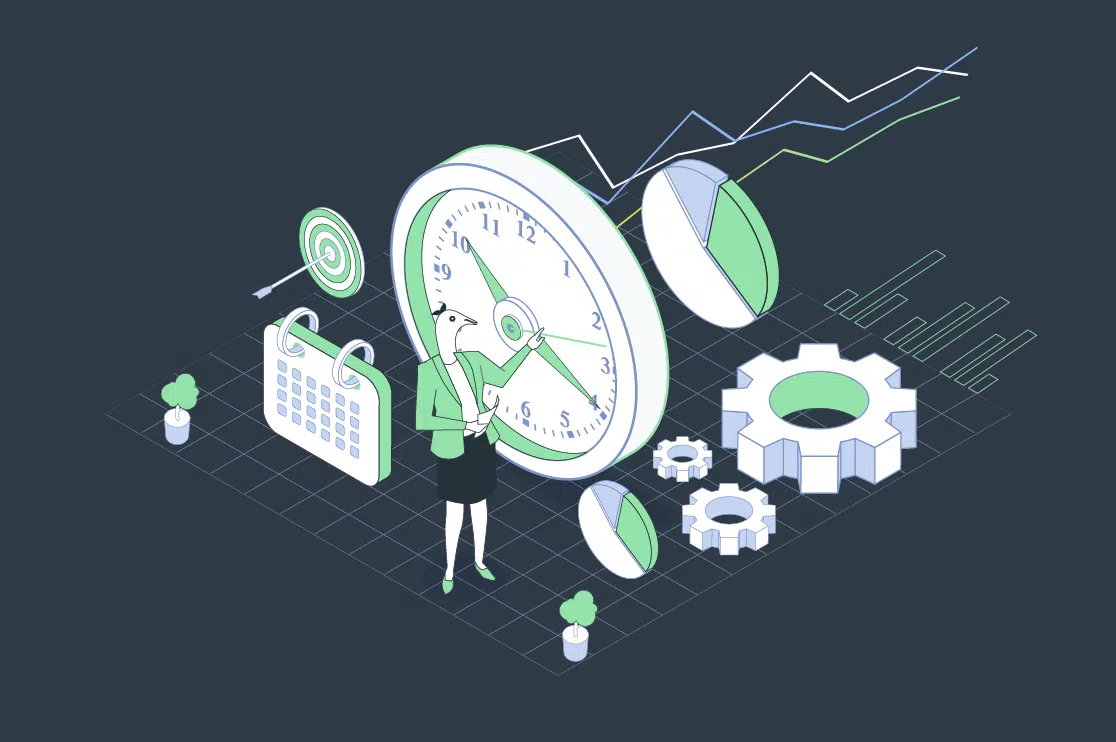 Real Time Analytics: Facets, Insights, and Use Cases
Real Time Analytics: Facets, Insights, and Use Cases 
